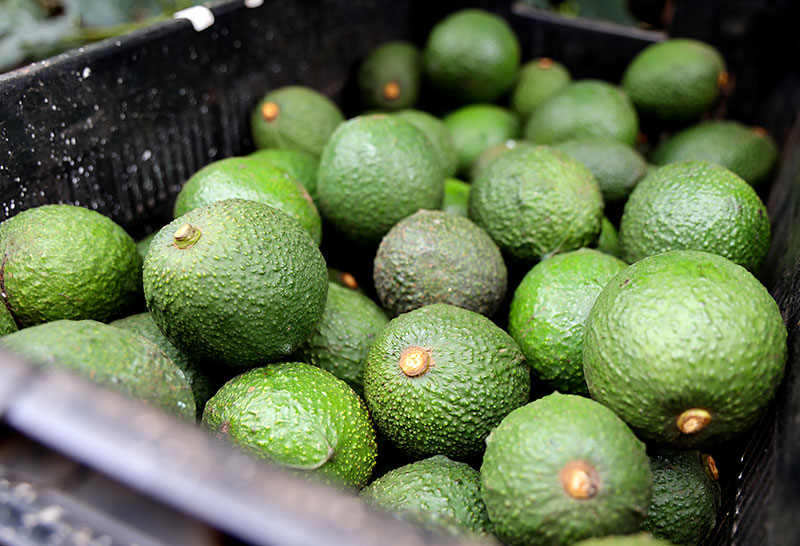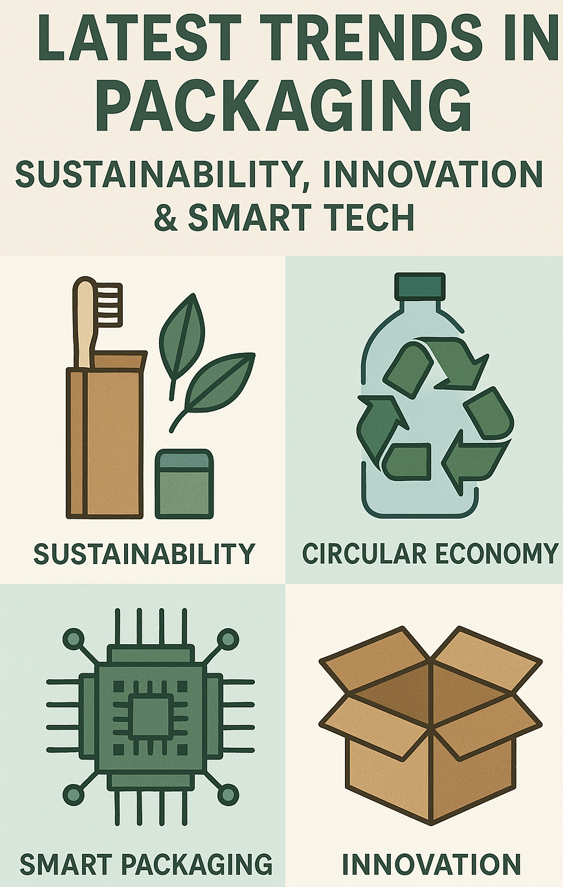
The breakthrough was highlighted during the company’s exhibit at Fruit Attraction 2024 in Madrid, where Westfalia Fruit also celebrated 75 years of industry leadership. Attendees who visited Westfalia Fruit’s stand had the opportunity to experience the avocado-based paper first-hand.
While recycled paper and cardboard are widely recognised as sustainable options, the repeated recycling process can weaken the fibres, diminishing the quality over time. As a result, new materials are often needed to maintain the strength of these products. Westfalia Fruit’s avocado-based paper addresses this issue by utilising the rich cellulose and starch found in avocado waste. This process not only strengthens the paper but also reduces the need for virgin wood fibres, lowering the carbon footprint.
“Through extensive research, experimentation, and demonstration, and through the correlation and application of scientific knowledge, we are working with likeminded organisations to prove that much is possible. Partnering with Bio-Power technologies to evaluate the valorisation of the entire ‘waste’ channel of skins and stones has proven highly valuable to understand the structures, the compounds and to ultimately understand what is possible,” said Johnathan Sutton, Group Chief Sustainability Officer at Westfalia Fruit.
Avocado skins and seeds are typically used in low-value applications such as anaerobic digesters. However, Westfalia Fruit’s process elevates the use of these by-products, enabling them to be used in the creation of high-value packaging solutions at a time when demand for sustainable carton-board packaging continues to rise.
By reducing reliance on virgin fibres and enhancing the sustainability of the supply chain, this innovation aligns with Westfalia Fruit’s long-standing commitment to environmental stewardship. Critically, it opens a new, higher value solution.







